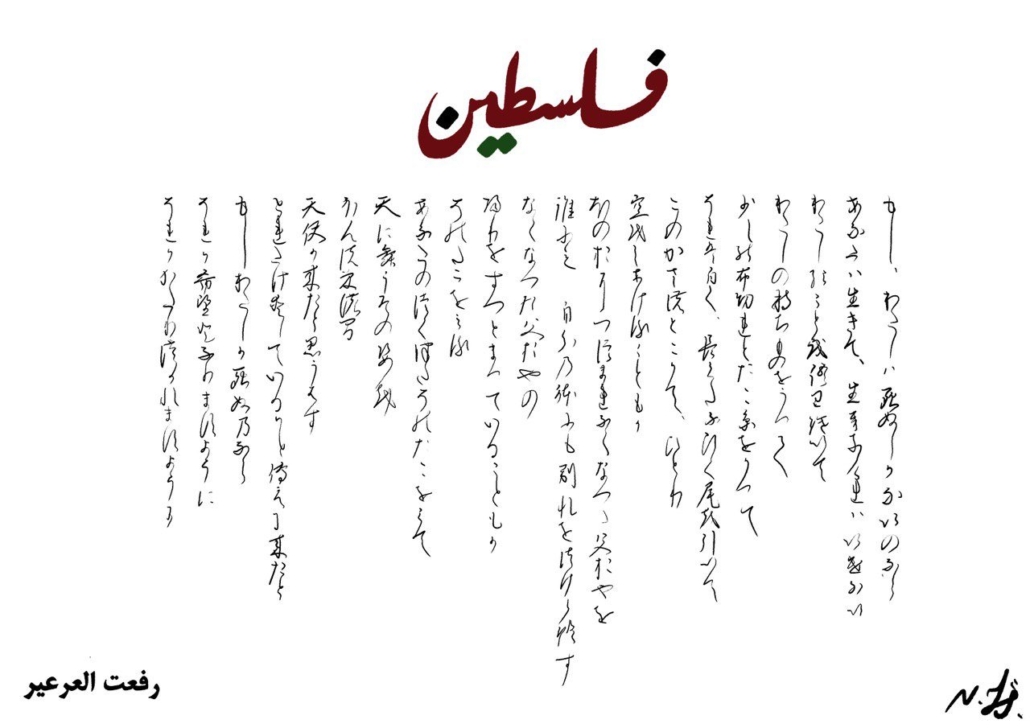“The Gifts of Suffering & the Virtues of the Heart: Reflections from the Sufi Tradition,” in From the Divine to the Human – Atif Khalil eds. M. Faruque and M. Rustom (New York: Routledge, 2023), 143-157
Abstract:
“After a tsunami struck Japan in 2011, I vividly recall an interview of an elderly man as he stood over the ruins of his hometown. Overcome by grief, he informed the reporter that the food had killed not only his wife but also his children, their spouses, and his grandchildren. The tragedy took from him everything dear to his heart, leaving him shattered and alone to deal with the aftermath of the catastrophe. The story of the man—a modern version of Job—as it was recounted in the short news clip, could not but elicit profound feelings of compassion and sympathy from its global audience. It was also a story that, for those with religious and theological sensibilities, brought home what has often been identified in Western thought as the problem of suffering.”

